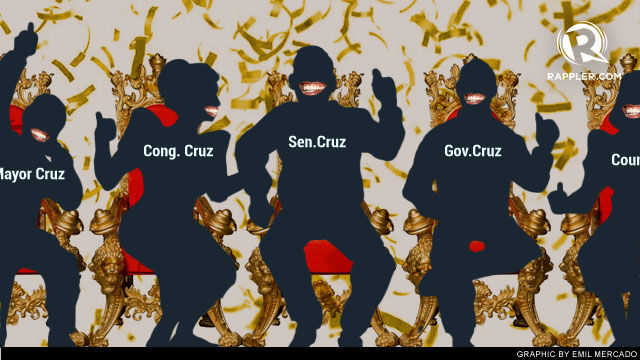"Clan Politics Reign but a Family is Divided in the Race to Rule the Philippines"
- Beyond Bloodlines
- Jun 25, 2023
- 2 min read
A foiled succession plan, sensational allegations, and a family feud at the pinnacle of power — these are the ingredients in what promises to be a riveting race to succeed outgoing Philippines President Rodrigo Duterte.
The no-holds-barred contest scheduled for May 2022 has already produced what some observers see as an unsettling alliance: the offspring of two presidents pairing off in an unprecedented bid to run the country.
Taking full advantage of their prominence, Ferdinand Marcos Jr., son of the late dictator Ferdinand Marcos Sr., has teamed up with Sara Duterte, daughter of President Rodrigo Duterte in the national election.
He is running for president in this dynastic duo, while she vies for vice president.
Political dynasties in the Philippines are nothing new.
Richard Heydarian, an expert on Philippine politics, says they are such a dominant feature in the country that between 70% and 90% of elected offices have been controlled by influential families.
But even by those standards, this Marcos-Duterte coupling takes powerful clan politics to a new level, says University of the Philippines Diliman political science professor Aries Arugay.
Speaking at a recent online forum of the Center for Strategic and International Studies, Arugay says second-generation dynasts behave like a "cartel".
He says their calculus is as damaging as it is simple: "Why can't we just share power, limit competition, and make sure that the next winners of the presidential and national elections come from us?"
Then there is the celebrity factor.
Heydarian notes a narrowing of democracy in the pairing of dynasties with the celebrity class, which includes former film stars, television personalities and sports figures. He says the two elite groups monopolize national office, putting elected office beyond the reach of a lot of ordinary Filipinos who he says may have the merit and passion to serve, but are effectively blocked from fully participating.
It makes a "mockery" of democracy, Heydarian says, but it's also a trend that could be difficult to reverse.
"After all, in politics you need a certain degree of messaging, communications machinery and charisma," he said. And, he added, especially in the age of social media, "It's not for dull people."




Comments